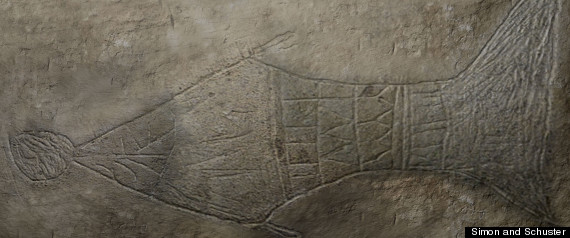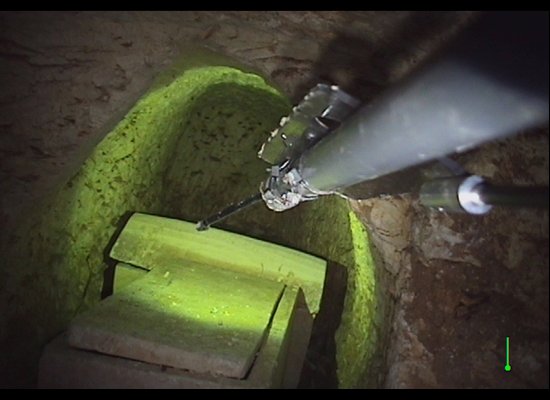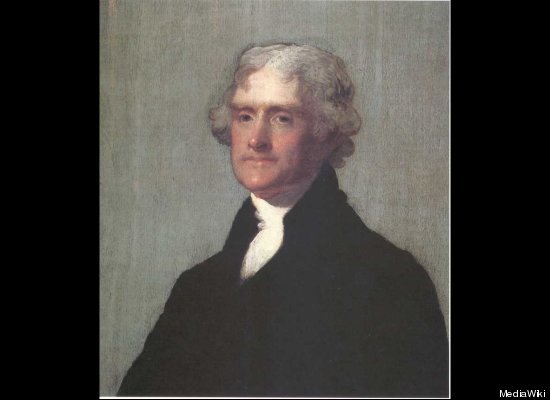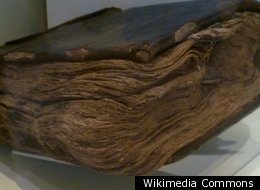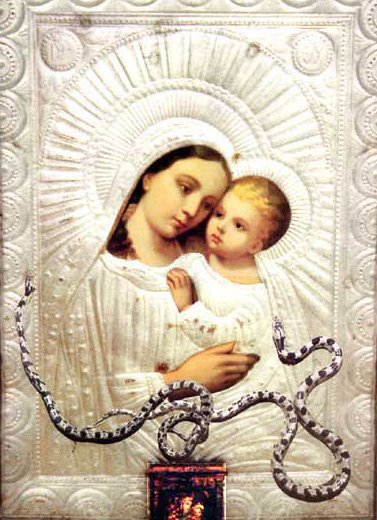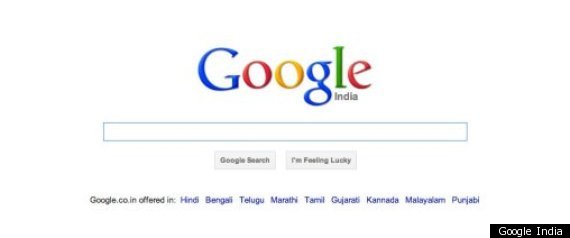
NEW
DELHI/BANGALORE, Feb 6 (Reuters) - Internet giants Google Inc and
Facebook removed content from some Indian domain websites on Monday
following a court directive warning them of a crackdown "like China" if
they did not take steps to protect religious sensibilities.
The two are among 21 companies ordered to develop a mechanism to block material considered religiously offensive after private petitioners took them to court over images deemed offensive to Hindus, Muslims and Christians.
Two cases have been brought by individuals against internet companies in India, stoking fears about censorship in the world's largest democracy.
"(Our) review team has looked at the content and disabled this content from the local domains of (Google) search, Youtube and Blogger," Google spokeswoman Paroma Roy Chowdhury said.
At the heart of the dispute is a law that India passed last year making companies responsible for user content posted on their websites, and giving them 36 hours to take down content if there is a complaint.
Last month, the companies said it was not possible for them to block content. Google's Roy Chowdhury declined to comment on what had since been removed, and a Facebook representative said only that the company would release a statement later.
A New Delhi lower court hearing one of the cases, a civil suit brought by an Islamic scholar, told the companies on Monday to put in writing the steps they had taken to block offensive content, and submit reports within 15 days.
"Microsoft has filed an application for rejection of the suit on the grounds that it disclosed no cause of action against Microsoft," a spokesperson for the company said. "The matter is sub judice and no further comments can be given."
That suit was brought by scholar, Mufti Aijaz Arshad Qasm, who runs a website called fatwaonline.org that gives answers to moral questions.
Google, Facebook, Yahoo! and Microsoft have appealed in the Delhi High Court against a separate criminal case successfully brought by journalist Vinay Rai.
The High Court has yet to rule on their appeal, but the sitting judge warned in January they were responsible for content on their websites and said he could block sites "like China" if they did not get their house in order.
In the Rai case, the court ordered the companies to stand trial for offences relating to the distribution of obscene material to minors, after being shown images it said were offensive to Prophet Mohammed, Jesus and various Hindu gods and goddesses, as well as several political leaders.
"If the companies have actually removed some content, they should put in place a mechanism to do it regularly, instead of waiting for a court case every time," Rai told Reuters.
Fewer than one in 10 of India's 1.2 billion population has access to the Internet, but that still makes it the third-biggest Internet market after China and the United States. The number of Internet users in India is expected to almost triple to 300 million over the next three years.
Despite the new rules to block offensive content, India's Internet access is still largely uncensored, in contrast to the tight controls in neighbouring China. But like many other governments around the world, India has become increasingly nervous about the power of social media.
While civil rights groups have opposed the new laws, politicians say posting offensive images in a socially conservative country, which has a history of violence between religious groups, presents a danger to the public.
The two are among 21 companies ordered to develop a mechanism to block material considered religiously offensive after private petitioners took them to court over images deemed offensive to Hindus, Muslims and Christians.
Two cases have been brought by individuals against internet companies in India, stoking fears about censorship in the world's largest democracy.
"(Our) review team has looked at the content and disabled this content from the local domains of (Google) search, Youtube and Blogger," Google spokeswoman Paroma Roy Chowdhury said.
At the heart of the dispute is a law that India passed last year making companies responsible for user content posted on their websites, and giving them 36 hours to take down content if there is a complaint.
Last month, the companies said it was not possible for them to block content. Google's Roy Chowdhury declined to comment on what had since been removed, and a Facebook representative said only that the company would release a statement later.
A New Delhi lower court hearing one of the cases, a civil suit brought by an Islamic scholar, told the companies on Monday to put in writing the steps they had taken to block offensive content, and submit reports within 15 days.
"Microsoft has filed an application for rejection of the suit on the grounds that it disclosed no cause of action against Microsoft," a spokesperson for the company said. "The matter is sub judice and no further comments can be given."
That suit was brought by scholar, Mufti Aijaz Arshad Qasm, who runs a website called fatwaonline.org that gives answers to moral questions.
Google, Facebook, Yahoo! and Microsoft have appealed in the Delhi High Court against a separate criminal case successfully brought by journalist Vinay Rai.
The High Court has yet to rule on their appeal, but the sitting judge warned in January they were responsible for content on their websites and said he could block sites "like China" if they did not get their house in order.
In the Rai case, the court ordered the companies to stand trial for offences relating to the distribution of obscene material to minors, after being shown images it said were offensive to Prophet Mohammed, Jesus and various Hindu gods and goddesses, as well as several political leaders.
"If the companies have actually removed some content, they should put in place a mechanism to do it regularly, instead of waiting for a court case every time," Rai told Reuters.
Fewer than one in 10 of India's 1.2 billion population has access to the Internet, but that still makes it the third-biggest Internet market after China and the United States. The number of Internet users in India is expected to almost triple to 300 million over the next three years.
Despite the new rules to block offensive content, India's Internet access is still largely uncensored, in contrast to the tight controls in neighbouring China. But like many other governments around the world, India has become increasingly nervous about the power of social media.
While civil rights groups have opposed the new laws, politicians say posting offensive images in a socially conservative country, which has a history of violence between religious groups, presents a danger to the public.





